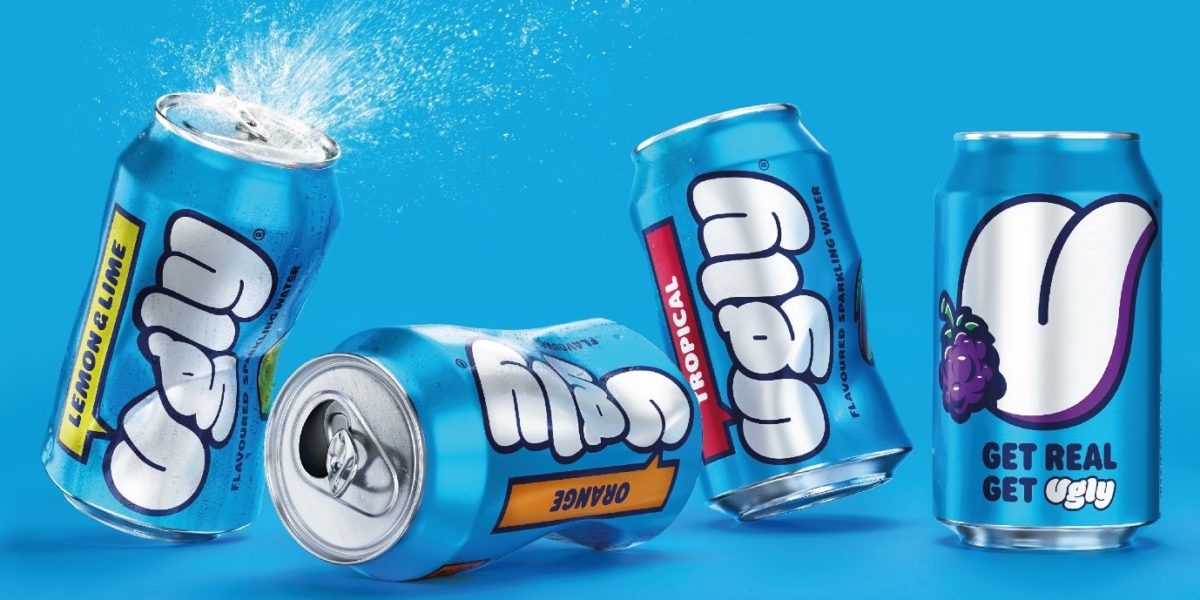In recent years, the direct to consumer market for FMCG products has grown dramatically. Powered by an open internet, VC capital, and more specific targeting powered by Ad platforms on Facebook and Google, a whole market of products has emerged which cut out the middlemen.
It’s become clear that this model has some clear financial benefits, but what is the impact it has on brand? Does cutting out the middlemen mean a stronger, closer relationship with consumers? Or does it act as a barrier without the safety of a supermarket shelf?
The answer is both. As earlier pioneers of the market such as Dollar Shave Club show, the D2C relationship means that communication with a customer is more centralised, controlled, and built for inspiring loyalty. For example, after you sign up to the site you receive an email on how to get the most out the service… something impossible when customers purchase competitor products from a shelf!
On the other side, being a purely digital direct to consumer brand can bring issues of trust. As Alexis Madrigal wrote in a piece on the new brands popping up all over Instagram, the D2C market is littered with a range of fake brands all selling exactly the same product, just with different logos. This barrage of bad brands dilutes consumer trust for the platform, particularly at time when many are becoming warier of what they see online.
But this isn’t to say there isn’t a place for D2C or on shelf sales as Ugly Drinks is demonstrating. By following a two pronged strategy; where shelf space is used to give consumers a chance to try the product out initially via a supermarket they trust before engaging with the brands online sales platform to build a deeper relationship at a higher margin.
Whereas D2C has always been seen as the go to tool for start-ups disregarding retail space, with many mainstay brands ignoring its power, what Ugly’s development of a blended approach shows is that there is room for brands, both big and small, to do both.


